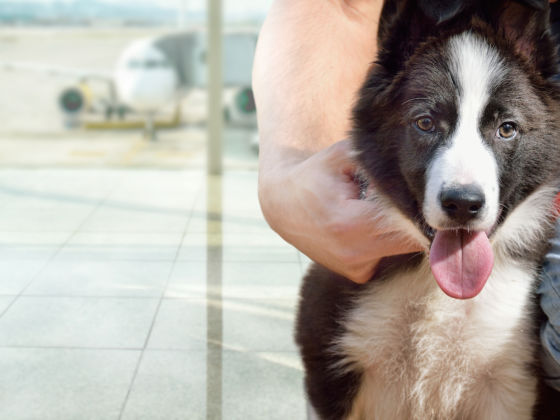It seems the days of the emotional support peacock may be coming to a close.
Granted, the need for legitimate service animals is certainly at the forefront of national transportation policy, and plenty of people have emotional support animals for legitimate reasons. But anyone who’s been on a flight with a barking dog or seen one pee on the floor in the concourse knows some people have been skirting those rules of legitimacy.
